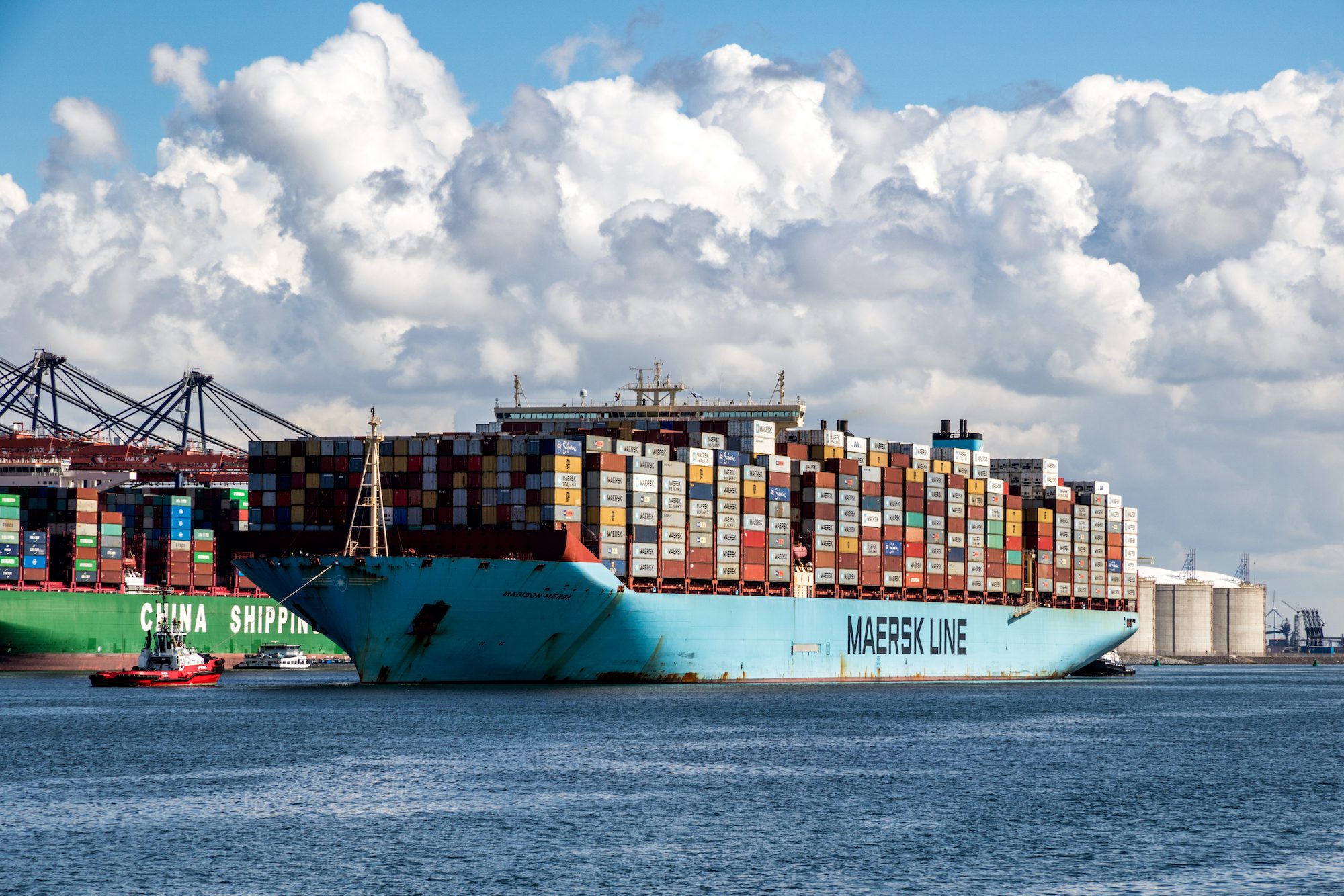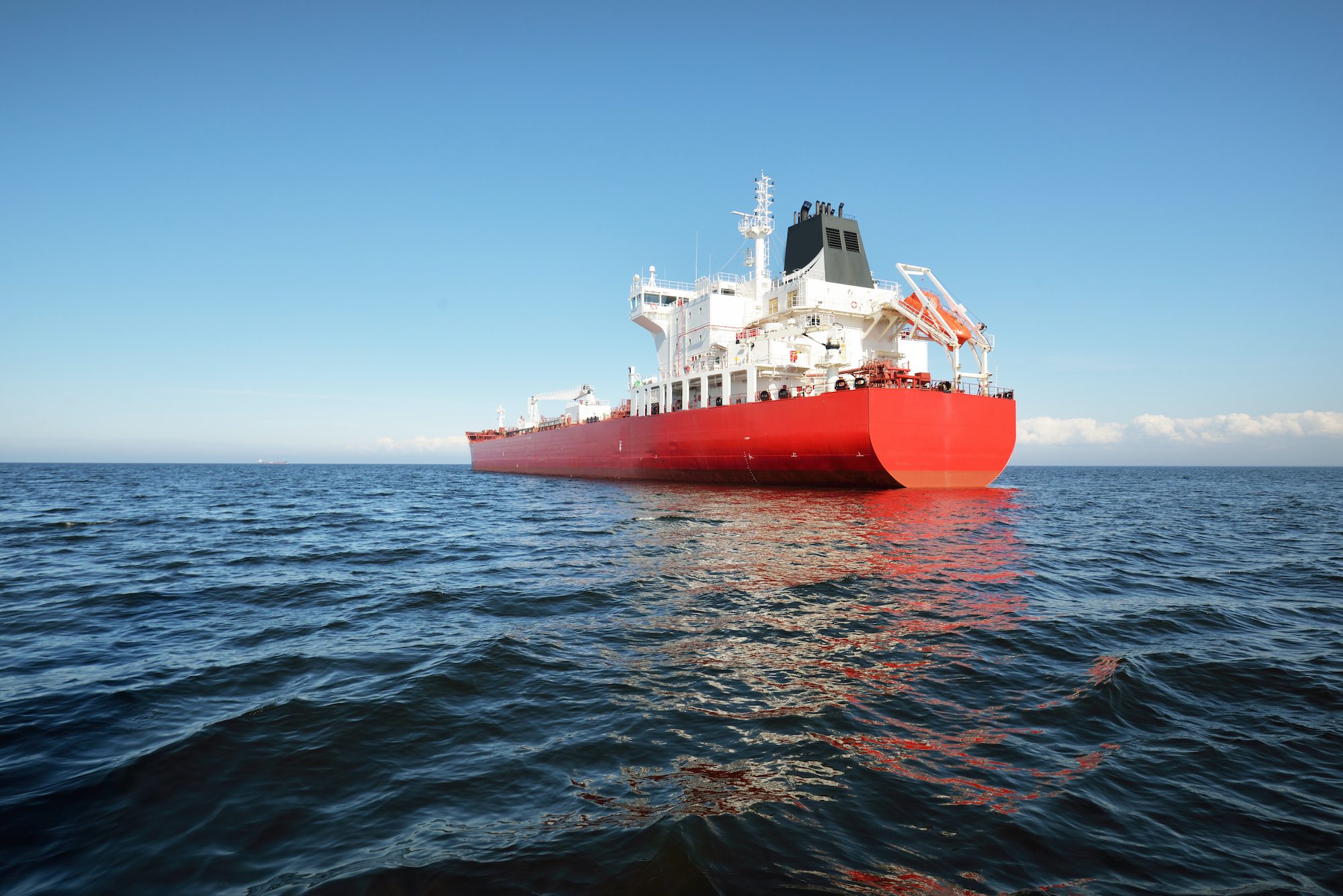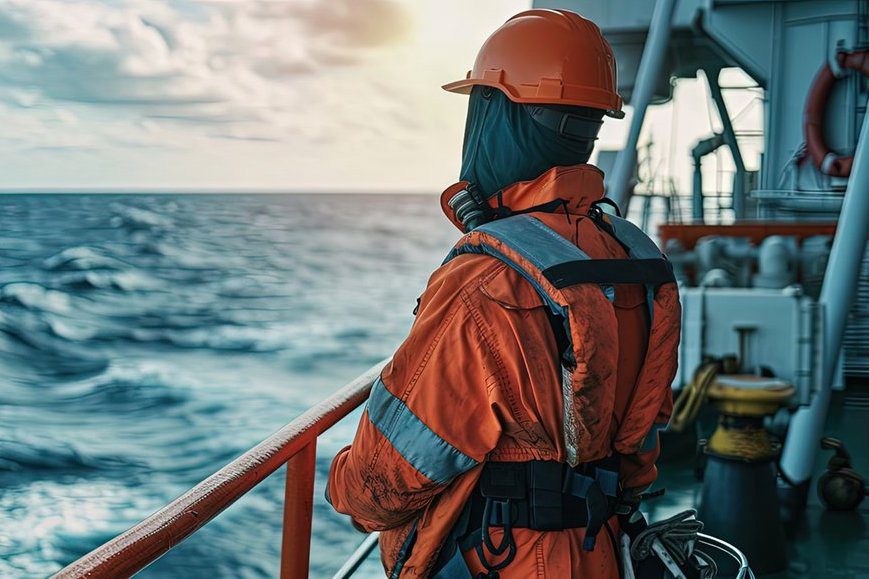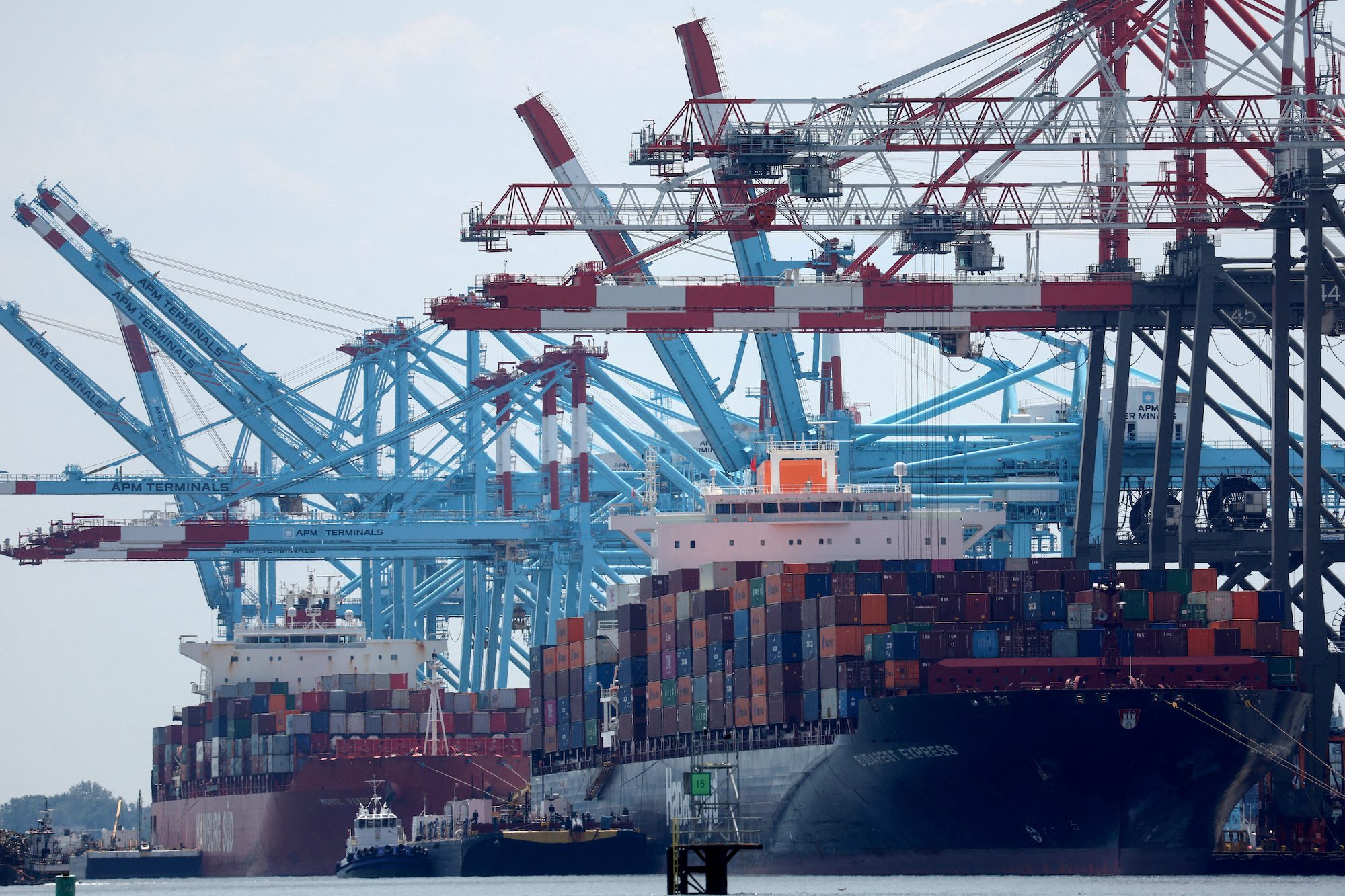Drewry believes MSC’s biggest size makes it better positioned to go it alone in the competitive market for container shipping, while Maersk’s focus on integrated logistics over capacity will leave it in a tight spot post 2M termination.
Some major news in the world of container shipping today with MSC and Maersk, two of the largest ocean carriers, announcing a breakup of their vessel sharing alliance which they have participated in together since 2015.
The two companies announced Wednesday that they have mutually agreed to discontinue the 2M alliance effective in January 2025. The 2M vessel sharing agreement was introduced in 2015 with the goal of ensuring competitive and cost-efficient operations on the key Asia-Europe, transatlantic and transpacific trades to combat overcapacity and low freight rates that had plagued the sector since the 2008 financial crisis.
“MSC and Maersk recognize that much has changed since the two companies signed the 10-year agreement in 2015,” the companies said in a joint statement. “Discontinuing the 2M alliance paves the way for both companies to continue to pursue their individual strategies.”
The break-up of hardly comes as a shock considering the 2M agreement’s original timeframe and the different paths the two companies have taken in recent years.
You may recall, MSC overtook Maersk to become the world’s biggest ocean carrier in 2021—a path MSC had been on since before the pandemic. Since then, it has only further solidified growth strategy with the addition of new and used vessels that put it well ahead of its peers in terms of size.
On the other hand, Maersk has been busy pursuing its integrated container logistics strategy focussing on end-to-end solutions for customers and a much smaller orderbook consisting primarily of methanol-fueled newbuilds.
“MSC has been getting its tanks on the lawn by aggressively raiding the second-hand and charter markets, as well as splurging on new orders. Maersk, on the other hand, has focused on its vertical integration strategy and has not sought to defend its number one rank,” industry consultancy Drewry notes in a market update in response to today’s news.
Drewry says that this strategy leaves Maersk in a tight spot, considering it’s too big to join an existing alliance and too small to go it alone, while MSC (who likely initiated the split) seems “better equipped for independent living” thanks to its bigger size.
“As things stand, Maersk will not be able to offer the same liner coverage as it does now by operating as an independent. Yet, such is its size that competition authorities will probably block any move to join one of the other two alliances, which are contractually committed beyond the termination of 2M in 2025,” according to Drewry.
“One other scenario could see Maersk muddle through with ad hoc vessel sharing and slot-swap agreements. Another is that they quickly ramp up their fleet size via S&P and the charter market,” Drewry says.
That’s not to say MSC’s strategy is not without its risks considering it will need to fill its ships on its own, raising the specter of a “return to its old market share/low-cost model, which could destabilise the market,” says Drewry.
The breakup of the 2M alliance also raises the “remote possibility” that their could be trouble in paradise for the two other big shipping alliances—the Ocean Alliance (comprised of CMA CGM, Evergreen and COSCO) and THE Alliance (comprised of Hapag-Lloyd, ONE, Yang Ming and HMM), which are scheduled to run to 2027 and 2030, respectively.
“Such an event could lead to carnage in the freight rates market as new members court shippers over to their new teams,” Drewry’s says.
With a new CEO in Vincent Clerc and a fresh leadership team tasked with continuing to executive Maersk’s integrator strategy, it will be interesting to see where things go from here. But as it stands now, it seems unlikely there will be any changes to Maersk’s strategy.
“Maersk has invested so much money and effort to the integrator strategy that it is hard to see it backing down now. The new CEO Vincent Clerc was around when that pathway was chosen so we don’t think his appointment heralds any shift,” Drewry points out.

 Join The Club
Join The Club











